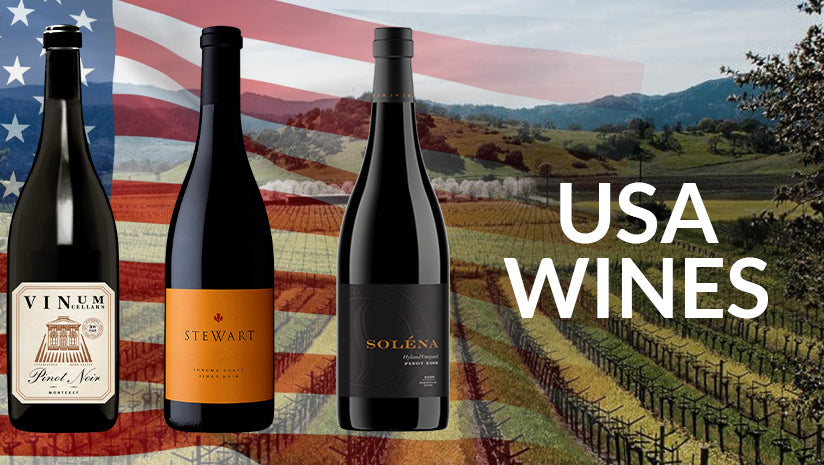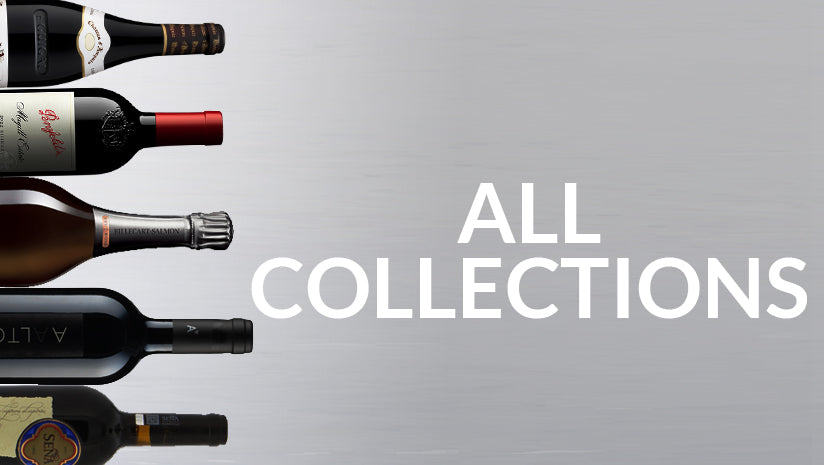What is a Complex wine?
In the world of wine, we hear a lot of expressions and words related to wine, and if we are apprentices in this area, easily we can get lost. For those people with more expertise in the wine field, perhaps you already know the expression “Complex wine”. It doesn’t matter to which group of people you belong, just know that we’ve made this article revolving around “Complex Wines”.
This term is used to describe a wine that has several aromas, primary, secondary and tertiary, thus leading us to be aware when tasting the wine. Complex wines as a whole are wines of high quality. For enjoying them to the maximum, at least minimal wine tasting knowledge is required. And yes, you need to learn from experts in order to be able to perceive the delights and charms of these amazing wines.
Complex wines are not always the most expensive ones, but are very special wines that are made in specific regions with high quality grapes, with nuances that are not very common. At the “finding.wine” physical and online wine store, you can find a full range of complex wines, so you can personally experience the presence and originality of these types of wines.
How to identify a complex wine?
One of the features that will bring us closer to knowing if a wine is complex or not, is when we smell in the glass and the aromas are varied and well defined, this will make us do our best to understand why that mix so varied and almost perfect.
If these aromas persist in the mouth, the wine is round and its flavors are well distributed, in that case we can be sure that we are in front of a complex wine.
On many occasions, these wines must be accompanied with food, since they are very powerful wines. Pairing them with food, will enhance their flavor to one worthy of our palates.
Wines like Duckhorn Cabernet 2016 that are extravagant, need to be accompanied by a good meat to be up to the bottle, this is due to the intensity and power of the bottle.
Basic tips to identify complex wines:
- A complex wine must have nuances when tasting it, especially on the nose. Complex aromas contemplate nuances of different elements, such as fruit, flowers, wood, toast, spices, among others. The magic of a complex wine resides in discovering a different aroma each time we put our nose in the glass. That is the definition of complex wine by nature.
- Normally, the complexity of a wine is given by the aging time. The wood will make the wine take on those complex nuances, both in flavor and aroma which will make the wine really special. Can complex wines be done without aging? It’s definitely more difficult, yes, however, there is nothing impossible in the world of wine.
- A complex wine is defined by experts as “round or broad” on the palate. This means that when we take a sip from our glass, the liquid will stimulate all the taste buds inside our mouth and of course, we will feel each nuance of the wine different from each other, in various parts inside our mouth. Taking a sip of a complex wine in your mouth is an experience that all wine lovers must try at least once in their life
- A complex wine is always surprising. It is one of those wines from which one expects something and is suddenly turned on a different thing (or flavor, in this case). This feeling is amazing, especially when tasting a wine, because it is what makes the difference between an inconspicuous wine or a wine that makes all wine lovers go crazy when they see it.
How to enjoy and understand those wines
A good way to enjoy these wines is undoubtedly to have time and patience. We say this because these wines tend to evolve inside the glass, since the aromas and essence keep changing, we should enjoy these bottles because they provide us new ways to enjoy wines and keep learning from this ancient beverage.
Choose a good meal and above all a good company, because these wines incite debate, conversation and even romance sometimes. Red wines, such as Cellers Can Blau - 2016 - Mas de Can Blau - 750 ml can be an excellent option for a meetup or romantic evening.
How are complex wines made?
As some people say, you don't have to get carried away by looks. There can be complex wines of all kinds, but usually, a complex wine is aged. It’s logical, since aging provides different nuances in the aromas, such as wood, toasted or vanilla.
It is not necessary for a wine to have a lot of aging to become a complex wine, but rather the aging must be effective.
Buy good complex wines and enjoy them with no problems
A complex wine can be a problem if we do not want to face a range of pleasant sensations that may force us to put all our senses to work in an organized and methodical way, how? Focusing first on tasting the wine and then moving on to enjoyment without complexes.
Knowing complex wines is a matter of gaining knowledge by drinking many wines, paying attention to other wine lovers' tastes.
To understand what a complex wine is, you have to know that, when speaking about wines, the artistic aspect is very fashionable. The definition of complex wine is a wine with many nuances. These nuances can be appreciated in its tasting, normally they will be in the aroma, but also in the flavors of the wine.
What are the nuances of a complex wine?
The world of wine is full of nuances, concepts and flavors. To become a wine connoisseur, you have to familiarize yourself with the terms. It’s not easy, since, as we say, it is a wide field. But we have prepared to help you in this, so you can know more about wine and that is why today we’re explaining what a complex wine is.
Surely it has ever happened to you that, when you put your nose on the glass, you get a fruity memory. Later, when you stir the wine and reposition your nose, you notice some hints of vanilla. If you let a few seconds pass and you smell again, those vanilla tones turn to roasted ones, smoky or even smells like your hometown bakery when you walk past the door.
Other considerations for a complex wine
Furthermore, a complex wine tends to surprise us. When we have some experience on wine tasting and have tried numerous wines, depending on their characteristics, at the moment of opening them, we know what we are going to find. This is a differentiating element of complex wines, their ability to not give us what we expect and make us feel a surprising sensation in the mouth.


























Leave a comment